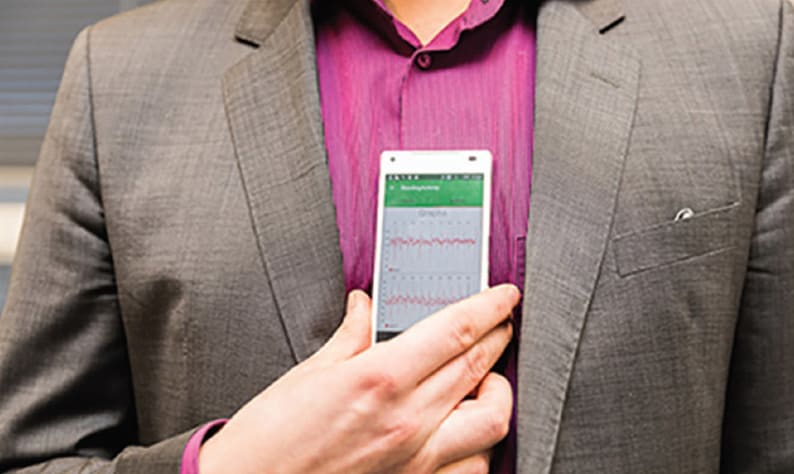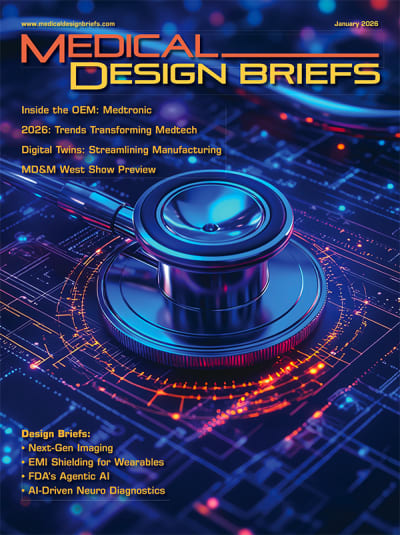Because atrial fibrillation (AF) often does not present symptoms, stroke is too often its first manifestation. For effective stroke prevention, timely diagnosis of AF is crucial. Mobile devices are becoming ubiquitous, providing significant possibilities for screening applications. In mechanocardiography, mechanical cardiac activity is recorded with accelerometers and gyroscopes, which are standard components of modern smartphones.

A smartphone application was developed that reliably detects atrial fibrillation from the micro-movements in the chest using small accelerometers. In a study of the technology, a three-minute mechanocardiography recording was acquired from each subject using a Sony Xperia smartphone placed on the sternum. The mobile application detected which patients had atrial fibrillation with 96 percent accuracy. The group included different kinds of patients, some of whom had heart failure, coronary disease, and ventricular extrasystole at the same time.
The development of this application indicates how ordinary consumer electronics can be beneficial for a patient's medical care. Having the ability to detect — with an ordinary smartphone — whether someone has atrial fibrillation could direct patients to the doctor and further testing or screening without any delay.
For more information, visit here .



